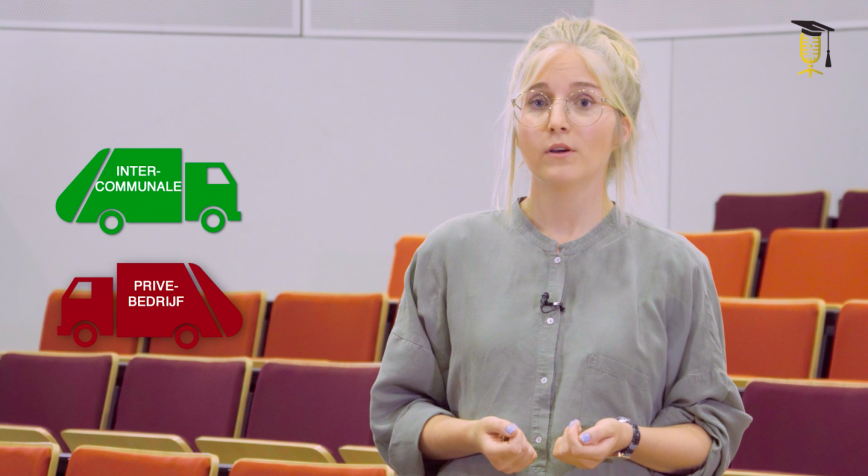
UHasselt
The inter-municipal company: time for a make-over?
Who collects your waste, ensures that water comes out of your tap and that your lamp lights up? Precisely: an inter-municipal company - a collaboration between cities and municipalities in a special company form. The most important rules for this type of 'public company' date from a law that is now almost 100 years old and is beginning to show some major cracks. This is why Marie DeCock (University of Hasselt - University of Ghent) wants to update the legislation.
